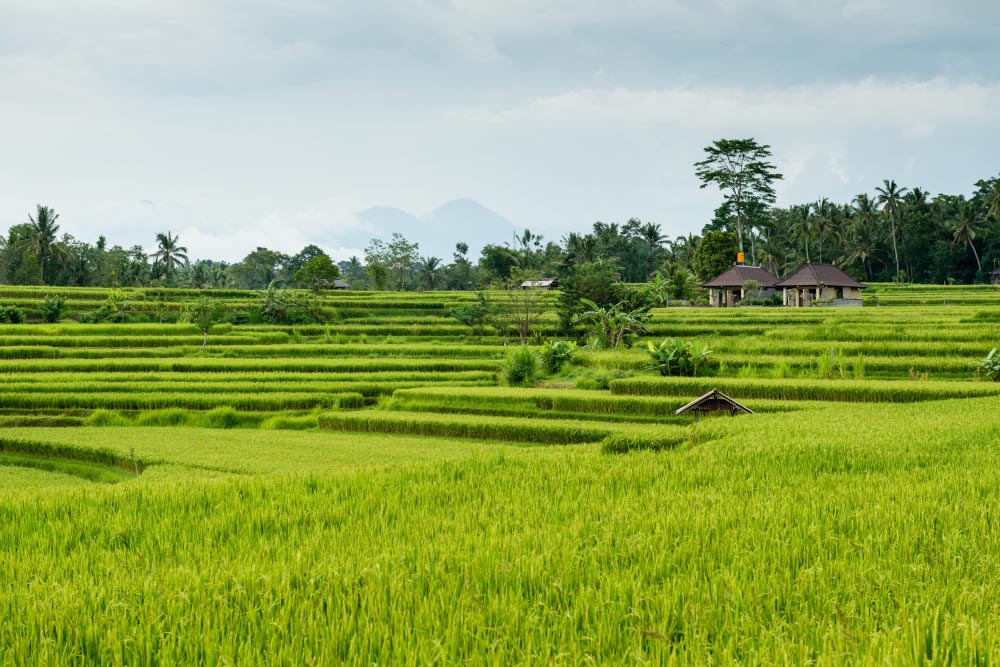
Food safety is a critical issue for modern agriculture practices. As the world's population continues to grow and demand for food increases, it's essential to ensure that the food we eat is safe and free from contaminants. Unfortunately, food safety concerns in modern agriculture are becoming increasingly prevalent, making it more important than ever to examine the root causes of these problems and to find solutions that can improve food safety.
Food Safety Concerns in Modern Agriculture Practices
Modern agriculture has revolutionized the way food is produced and brought to market, but it has also created new challenges when it comes to food safety. In the past, foodborne illnesses were often associated with poor hygiene and sanitation practices, but today, they are more likely to result from the contamination of agricultural products due to the use of modern farming methods.
Most Common Contaminants in Agricultural Products
Contaminants in agricultural products can come from a variety of sources, including pesticides, chemicals, and animal waste. These contaminants can be harmful to human health and can cause foodborne illness. Some of the most common contaminants include:
- Pesticides
- Antibiotics
- Heavy metals
- Bacteria, such as Salmonella and E. coli
- Viruses, such as Norovirus
- Parasites, such as Toxoplasma gondii
Impact of Modern Agriculture Methods on Food Safety
Modern agriculture methods, such as monoculture and the use of chemical pesticides, have a significant impact on food safety. Monoculture, for example, is the practice of growing one crop over a large area, which can lead to the spread of disease and pests, making it more difficult to control food safety. Chemical pesticides, on the other hand, can be harmful to human health and can contaminate food products.
Foodborne Illness Outbreaks in Modern Agriculture
Foodborne illness outbreaks in modern agriculture often occur when contaminated food products enter the food supply chain. This can happen at any point from the farm to the consumer's plate, but it's most likely to occur at the processing and packaging stage. Foodborne illness outbreaks can have serious consequences, including death and long-term health problems.
Measures Taken to Improve Food Safety in Modern Agriculture
To improve food safety in modern agriculture, there are several measures that can be taken, including:
- Increased regulations: Governments can implement new regulations to improve food safety, such as mandatory food safety inspections and stricter penalties for food safety violations.
- Better food safety practices: Farmers, processors, and food handlers can adopt better food safety practices, such as proper storage and handling of food products, to reduce the risk of contamination.
- Improved food safety education: Education and training programs can be developed to increase food safety knowledge among farmers, processors, and food handlers.
- Investment in food safety research: More research is needed to better understand the root causes of food safety problems in modern agriculture and to develop effective solutions.
Latest Statistics and Case Studies on Food Safety Incidents in Modern Agriculture
According to the World Health Organization, 1 in 10 people globally fall ill from consuming contaminated food each year. This statistic highlights the importance of addressing food safety concerns in modern agriculture. There have been numerous recent food safety incidents in modern agriculture, including outbreaks of foodborne illness and recalls of contaminated food products.
For example, in 2018, there was a nationwide outbreak of E. coli in romaine lettuce, which was traced back to contaminated water in a California farm. This outbreak resulted in hundreds of people falling ill and several deaths. In 2019, there was a recall of more than 200 million eggs due to contamination with Salmonella, which was linked to an egg farm in North Carolina. These incidents highlight the need for better food safety measures in modern agriculture.
Measures to Improve Food Safety in Modern Agriculture
In light of the numerous food safety incidents in recent years, it is clear that improvements are needed in modern agriculture practices to reduce contamination and minimize the risk of foodborne illness. There are several measures that can be taken to improve food safety in modern agriculture, including:
- Increasing regulations: Governments can play a crucial role in ensuring food safety by implementing and enforcing strict regulations on agriculture practices. For example, the U.S. Food and Drug Administration has introduced the Food Safety Modernization Act (FSMA), which aims to prevent food safety incidents before they occur.
- Implementing Good Agricultural Practices (GAPs): GAPs are a set of guidelines that aim to reduce the risk of contamination in agricultural products. This can include measures such as using clean water for irrigation, maintaining proper hygiene and sanitation, and avoiding the use of harmful chemicals.
- Adopting modern technology: The use of modern technology, such as precision agriculture, can help to improve food safety by reducing contamination and allowing for early detection of potential outbreaks. For example, sensors can be used to monitor temperature, humidity, and other environmental factors that can affect food safety.
- Education and training: It is important for agriculture professionals, food safety experts, and policymakers to be educated and trained on best practices for food safety in modern agriculture. This can help to reduce contamination and minimize the risk of foodborne illness outbreaks.
- Better traceability: The ability to trace the origin of food products can help to quickly identify the source of contamination and prevent the further spread of foodborne illness. This can be achieved through the use of technology, such as blockchain, which allows for real-time tracking of food products from farm to table.
Conclusion
In conclusion, food safety is a critical issue in modern agriculture, and it is crucial that measures are taken to reduce contamination and minimize the risk of foodborne illness. This can be achieved through increased regulations, the adoption of modern technology, education and training, and better traceability. It is important that consumers, policymakers, agriculture professionals, and food safety experts work together to ensure that our food supply is safe and secure.
Agricultural Science




